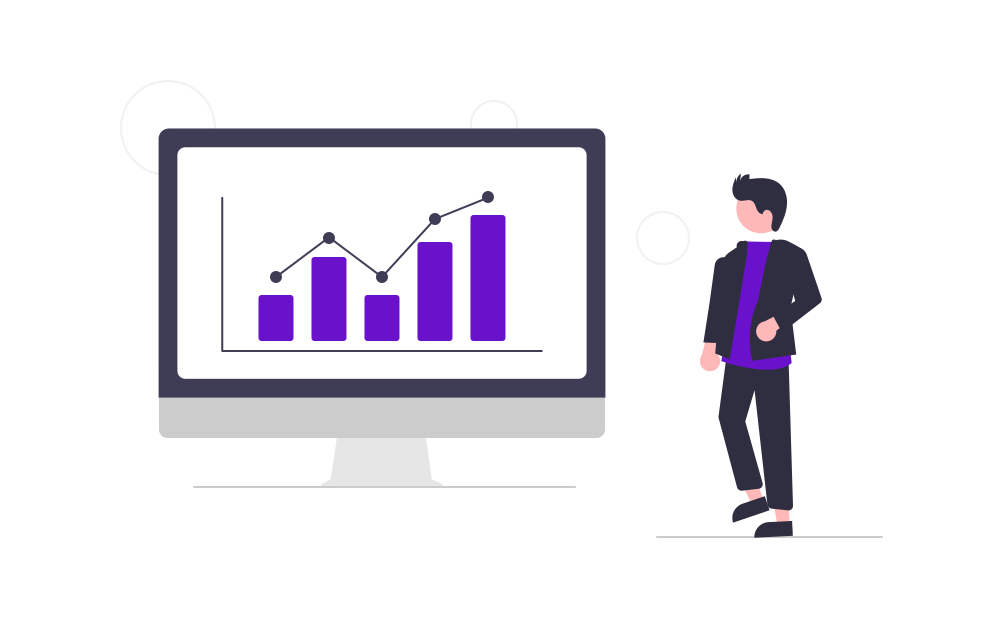Technographic data is revolutionizing B2B marketing by providing detailed insights into the technological ecosystems of potential clients. This information empowers marketers to create highly tailored campaigns that resonate with the specific needs and challenges of their audience. In this guide, we’ll explore how to effectively leverage technographic data to enhance your B2B marketing efforts.
Part 1: Understanding Technographic Data
What is Technographic Data?
Technographic data refers to information about the technologies that companies use, including software, hardware, and other tech tools. This data helps marketers understand the tech stack and IT environment of their target companies.
Part 2: The Strategic Importance of Technographic Data
**1. Enhanced Targeting
By knowing the technology preferences of your target companies, you can segment your audience more precisely. This enables you to deliver relevant content and solutions that address specific technological needs.
**2. Personalized Messaging
Technographic insights allow for highly personalized communication. You can craft messages that speak directly to the technology challenges and opportunities of each segment, increasing engagement and response rates.
**3. Competitive Advantage
Leveraging technographic data gives you a competitive edge by enabling you to identify gaps in the market and position your offerings as the perfect solution for specific technological environments.
Part 3: Gathering Technographic Data
**1. Data Providers
Partner with reputable technographic data providers who offer comprehensive and up-to-date information. Ensure the provider covers a broad spectrum of technologies relevant to your target market.
**2. Surveys and Interviews
Conduct surveys and interviews with your existing clients to gather first-hand technographic information. This approach not only provides valuable data but also strengthens client relationships.
**3. Web Scraping and Public Sources
Utilize web scraping tools and public sources like job postings, company websites, and tech blogs to gather additional technographic insights.
Part 4: Implementing Technographic Data in B2B Marketing
**1. Audience Segmentation
Use technographic data to create detailed audience segments. For instance, segment by the type of CRM software used or the preferred cloud platform. This allows for targeted campaign strategies.
**2. Content Personalization
Develop content that addresses the specific technological needs of each segment. If a segment uses a particular software, create content that highlights how your solution integrates with or complements that software.
**3. Account-Based Marketing (ABM)
Integrate technographic data into your ABM strategy to tailor your outreach efforts. Customize your pitches and proposals based on the technological landscape of each target account.
**4. Sales Enablement
Equip your sales team with technographic insights to enhance their outreach efforts. Provide them with talking points, case studies, and resources that align with the tech environment of their prospects.
Part 5: Measuring Success
**1. Key Performance Indicators (KPIs)
Define KPIs to measure the success of your technographic data-driven campaigns. This could include metrics like engagement rates, conversion rates, and pipeline growth.
**2. Continuous Improvement
Regularly review your technographic data and campaign performance. Use these insights to refine your strategies and improve future campaigns.
Conclusion
Technographic data is a powerful tool for B2B marketers, enabling highly targeted and personalized marketing campaigns. By understanding the technology landscape of your target audience, you can create more relevant and effective marketing strategies. Embrace technographic data to elevate your B2B marketing efforts and drive better results.


